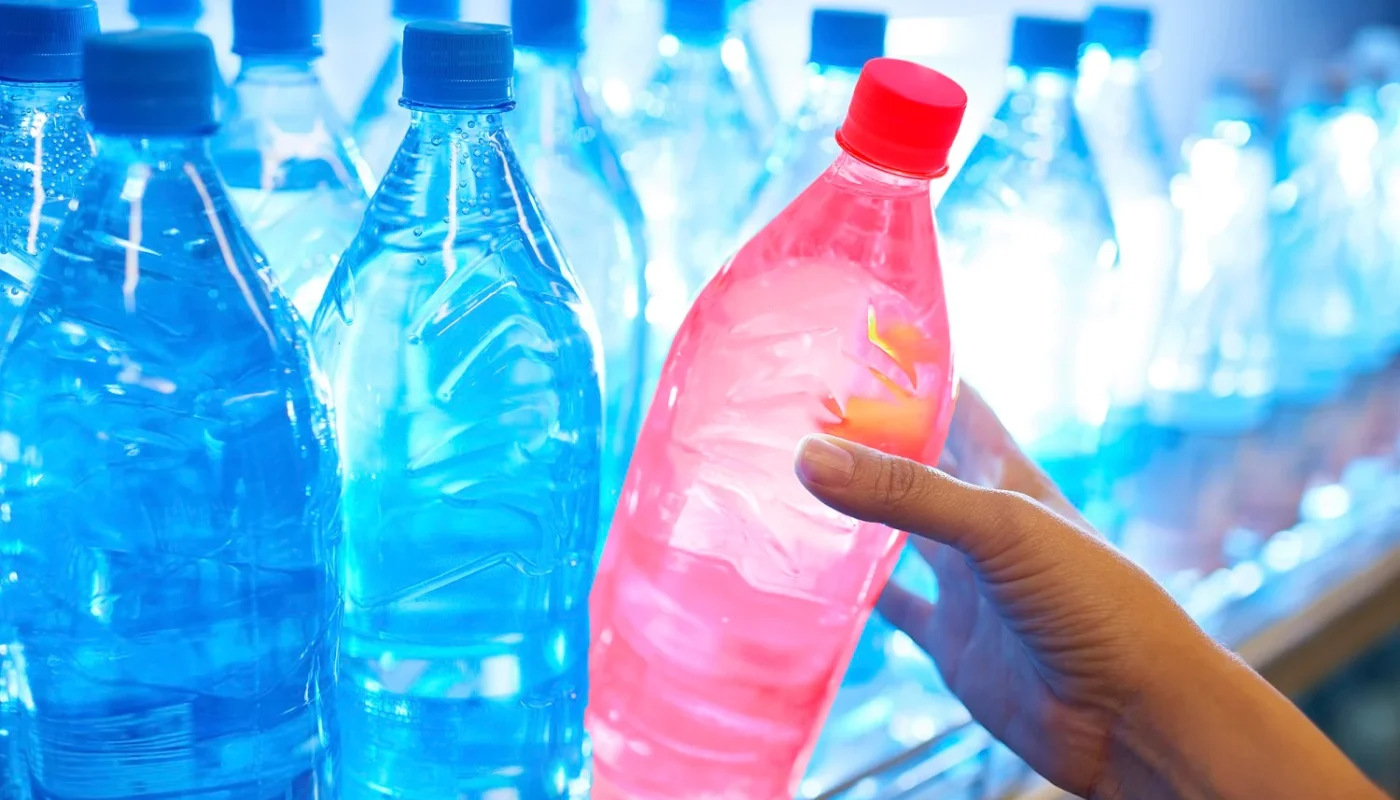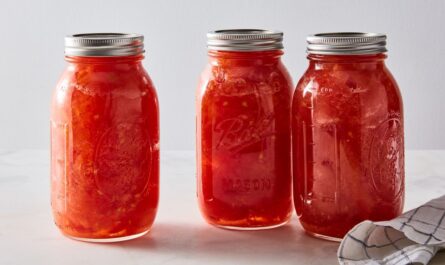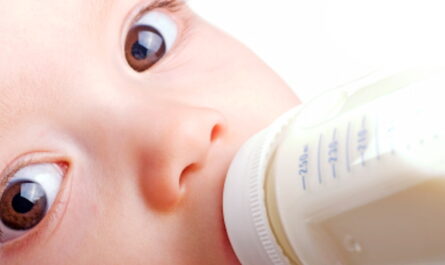Rise in Popularity
The bottled water industry in the United States has seen tremendous growth over the past few decades. In the 1980s, bottled water was still a niche product consumed mostly by health enthusiasts. However, its popularity skyrocketed in the 1990s as concerns grew over tap water quality and bottled water was marketed as a convenient and healthy alternative. By 2019, annual bottled water sales in the U.S. had reached over 43 gallons per person, making it the largest bottled water in the world. While most still drink tap water at home, bottled water has become a ubiquitous beverage choice in restaurants, offices, and on-the-go occasions.
Environmental Impact
While providing a popular beverage choice, the U.S. Bottled Water has faced increasing criticism over its environmental footprint. Firstly, the plastic bottles used for water pose a major waste problem. Over 78% of plastic water bottles consumed in the U.S. today are not recycled and end up polluting landfills and the natural environment. Research indicates these plastic bottles can take up to 1000 years to decompose. Secondly, the transportation required to ship bottled water long distances also contributes significantly to carbon emissions. It is estimated that the energy used to produce, distribute, and dispose of bottled water bottles emits the equivalent of over 2.5 million tons of carbon dioxide annually in the U.S. With plastic pollution in oceans already a pressing issue, many argue producing billions of non-essential plastic bottles is simply not sustainable.
Water Quality Comparisons
Another criticism targeted at the U.S. bottled water is whether bottled water is actually healthier or superior in quality compared to regular tap water. While bottled water companies their products as being purer or containing fewer contaminants than most municipal water systems, several studies have found this not always to be the case. The FDA regulates bottled water as a food product with somewhat lenient standards compared to EPA rules for tap water. Tests have shown some bottled waters contained bacterial and chemical contaminants above levels allowed in public water systems. Additionally, the lack of fluoridation in most bottled waters is a health concern raised by dental experts. Overall, many experts argue that in most cities, tap water receives far more rigorous treatment and testing than bottled varieties.
Regulation Debates
The differences in standards and oversight between bottled and public water systems have fueled ongoing debates around increased regulation of the former. Bottle water, categorized by the FDA as packaged food products, are exempt from several monitoring requirements and restrictions that apply to municipal water utilities under EPA rules. Public interest groups argue this allows companies to potentially cover up poorer water quality under the guise of proprietary business information. Some states have moved to adopt stricter regulations requiring bottled water to meet standards equivalent to tap sources. However, the bottled water industry lobby vehemently opposes such efforts and maintains FDA rules already ensure its products are safe. With public distrust in water utilities but concerns over bottling’s environmental footprint as well, the optimal policy approach remains controversial.
Developing Alternatives
As concerns over bottled water continue rising, there is growing interest in environment-friendly alternatives that could curb plastic waste. Increased access to public drinking fountains equipped with water filtration would encourage refillable bottle use. Several cities have even banned the sale of bottled water on municipal properties and events. New types of portable reusable bottles made of materials like aluminum and glass offer eco-friendly options. Additionally, sophisticated home filtration systems can treat tap water to bottled-grade quality. Technological innovations in areas like edible water bottles also hold promise. However, breaking bottled water’s ubiquity in daily American life and culture may take major efforts from manufacturers, regulators as well as changes in public mindset around convenience and health. As debates around bottled water’s role intensify, its future remains uncertain.
While providing a hugely popular beverage choice, the U.S. Bottled Water remains a controversial subject with critics pointing to its environmental footprint and quality comparisons with tap sources. Differing regulatory approaches as well as public perceptions around health, convenience and sustainability ensure debates around bottled water’s long-term role will continue evolving in the coming years. As alternatives develop further, achieving a balanced solution considering all factors will be important for this multibillion-dollar industry’s sustainable growth.
*Note:
1. Source: Coherent Market Insights, Public sources, Desk research
2. We have leveraged AI tools to mine information and compile it



